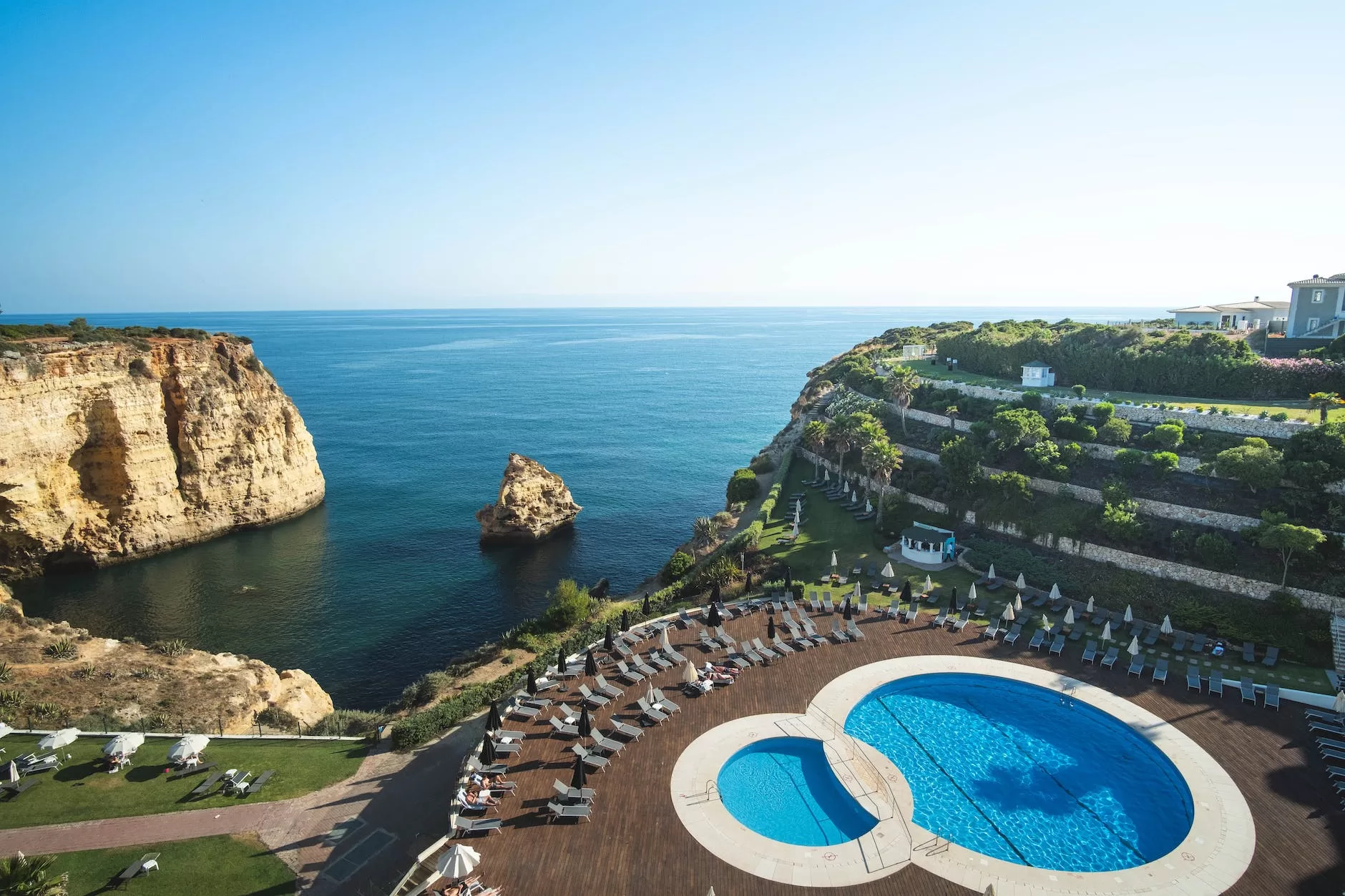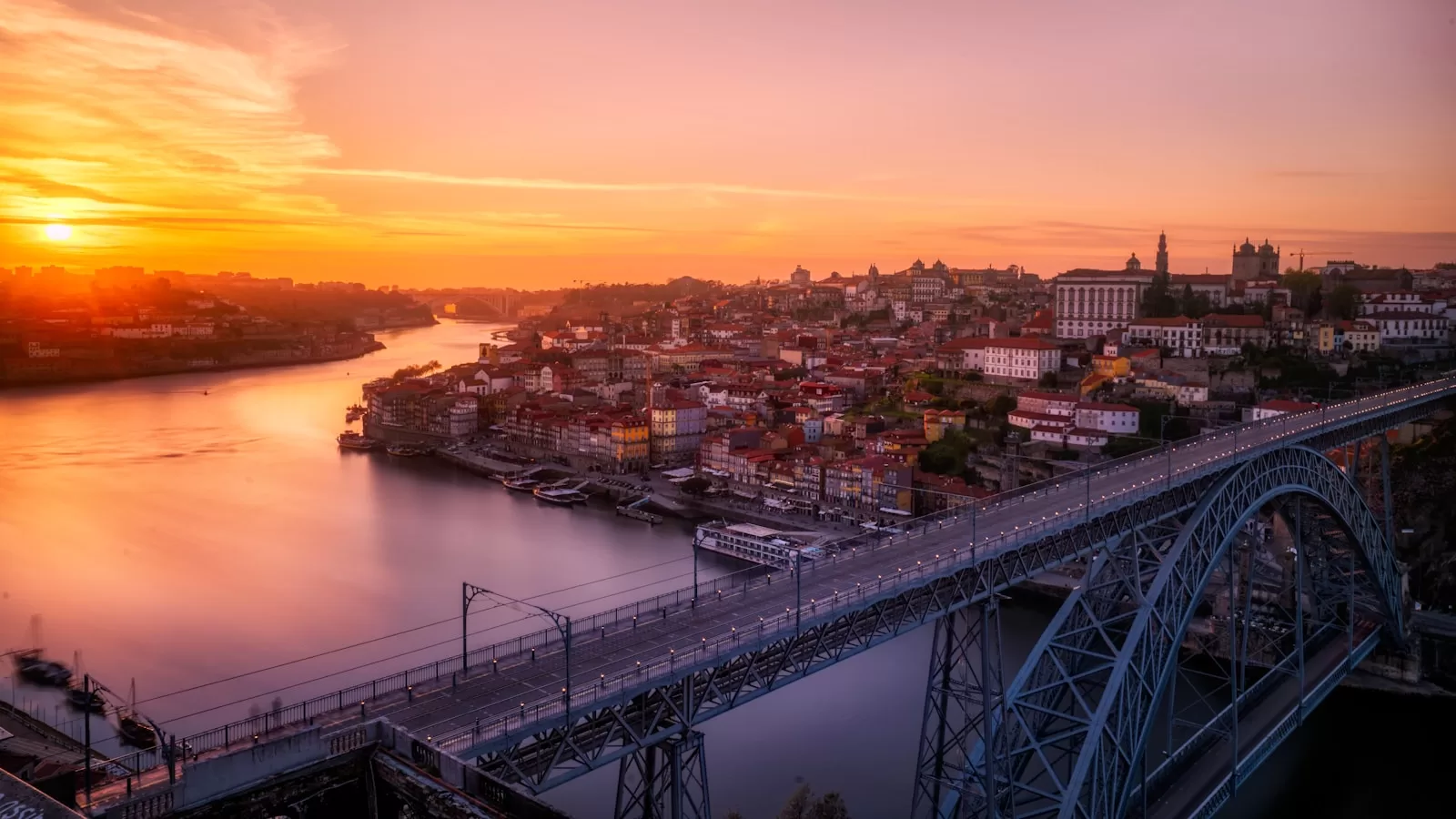Évora is a recognized UNESCO World Heritage Site celebrated for its historic and cultural significance. It is also a city in Portugal’s Alentejo region. Renowned for its remarkably preserved medieval structures and unique blend of architectural styles, Évora offers an unparalleled window into Portugal’s multifaceted history.
The city has earned its place on the UNESCO list for its universal value and timeless charm. Évora’s roots stretch back to Roman times, and its vibrant cultural heritage has continued through the centuries.
Évora’s UNESCO World Heritage Site

The origins of Évora trace back to the Roman period when it served as a critical Roman outpost. Therefore, this ancient influence can still be seen today as well-preserved Roman ruins. It includes the famous Temple of Diana, one of the city’s most iconic landmarks.
Following the Romans, Évora continued to thrive under the Visigoths and, later, the Moors. These cultures left their architectural imprint on the city. Évora’s historical evolution reflects the diverse cultural influences that shaped the Iberian Peninsula. Each layer added depth to its historical landscape.
Architectural Heritage: A Blend of Styles and Eras
Évora’s architectural diversity is one of its most remarkable features, showcasing styles from Romanesque to Gothic, Renaissance, and Baroque. The Évora Cathedral (Sé de Évora) is a centerpiece of this heritage, with its Gothic towers and Manueline cloisters.
Another significant structure is the São Francisco Church. Its Baroque elements and infamous Chapel of Bones are unusual yet poignant reminders of mortality. Walking through Évora, visitors encounter a seamless blend of styles that capture the artistic transitions of Portugal’s past.
The Roman Temple of Évora: A Testament to Antiquity
This ancient structure is a rare example of Roman architecture in Portugal, known popularly as the Temple of Diana. Erected in the 1st century AD, the temple’s Corinthian columns and elegant design highlight the Roman Empire’s architectural prowess. Though originally dedicated to Emperor Augustus, the temple later gained its association with Diana, the goddess of the hunt. Today, The temple is an enduring symbol of Évora’s Roman heritage and offers visitors a tangible connection to the city’s ancient past.
Portugal’s Second-Oldest University
Established in 1559, the University of Évora is one of the oldest universities in Portugal. Therefore, it is a testament to the city’s role as an intellectual center. Known for its Renaissance architecture and the intricate Cloister of the Holy Spirit, the university has educated generations of scholars.
Even today, the university’s historic rooms, adorned with traditional Portuguese azulejos (tiles), embody the city’s educational heritage. Its ongoing commitment to preserving knowledge and culture is worth your time while traveling in Portugal.
Cultural Elements and Traditions of Évora
Évora’s cultural heritage is reflected not only in its architecture but also in its local traditions. Alentejo’s rich culinary traditions—particularly dishes like açorda and migas—are vital to Évora’s cultural identity. The city also hosts various festivals, including the Feira de São João, a lively celebration of Saint John with parades, music, and dance. These cultural practices offer a living dimension to Évora’s heritage, connecting past and present through everyday life.
Conservation and UNESCO’s Role in Preservation

The designation of Évora as a UNESCO World Heritage Site in 1986 has been instrumental in preserving its historic treasures. UNESCO’s involvement has spurred local conservation efforts to protect Évora’s unique architectural landscape while supporting the city’s continued growth.
Restoration projects have ensured the survival of Évora’s ancient monuments and medieval structures. Therefore, allowing future generations to experience its historical beauty.
Évora Today: Balancing Heritage and Modernity
While Évora remains deeply rooted in its history, it is also a vibrant modern city that embraces contemporary culture. The city’s burgeoning arts scene, including galleries, performance spaces, and modern eateries, brings a fresh perspective to its traditional setting.
In recent years, Évora has attracted many visitors who experience its rich history, exceptional cuisine, and scenic landscapes. Therefore, this balance of old and new allows Évora to thrive as a destination that appeals to history enthusiasts and modern travelers alike.
Visiting Évora: Essential Highlights and Practical Tips
Évora offers a range of attractions and experiences for those planning to visit. Key highlights include exploring the Temple of Diana, marveling at the Cathedral of Évora, and touring the eerie yet captivating Chapel of Bones. The city’s charming streets, with whitewashed houses and intricate tile work, invite leisurely exploration. Dining on local Alentejo dishes is a must, as is sampling regional wines from nearby vineyards.
Évora is best visited in the spring or fall. The mild temperatures allow for comfortable exploration of the city’s outdoor sites. Most places in the Alentejo region of Portugal will be unbearable during the summer.
Atypical Last Thoughts

Évora stands as a testament to Portugal’s rich cultural and historical heritage. It offers a unique journey through ancient and medieval Europe. With Évora’s UNESCO World Heritage status, Évora preserves the artistry and resilience of past civilizations. Therefore, it allows visitors to step back in time. Each monument, tradition, and street in Évora contributes to its timeless allure, making it a city that continues to inspire and captivate.
Subscribe
Are you an avid traveler seeking inspiration for your next adventure? Look no further than the Atypical Vagabonds newsletter. By subscribing to our newsletter, you gain access to a treasure trove of travel tips, destination guides, and captivating stories from around the globe. Our knowledge in exploring off-the-beaten-path destinations. We offer a refreshing perspective on travel, encouraging you to embrace the unconventional and discover unique experiences. Join the community today and let our wanderlust-inducing content inspire you. Therefore, you can embark on extraordinary journeys. Subscribe to receive their latest updates directly in your inbox and never miss a travel adventure again.
Donations
Love what you’re seeing on Atypical Vagabond? Help us keep the adventures coming! Consider donating through PayPal’s secure payment system. Every contribution goes a long way in fueling our mission to bring you more thrilling content and unforgettable experiences. Join us in shaping the future of travel—donate today!




Leave a Reply